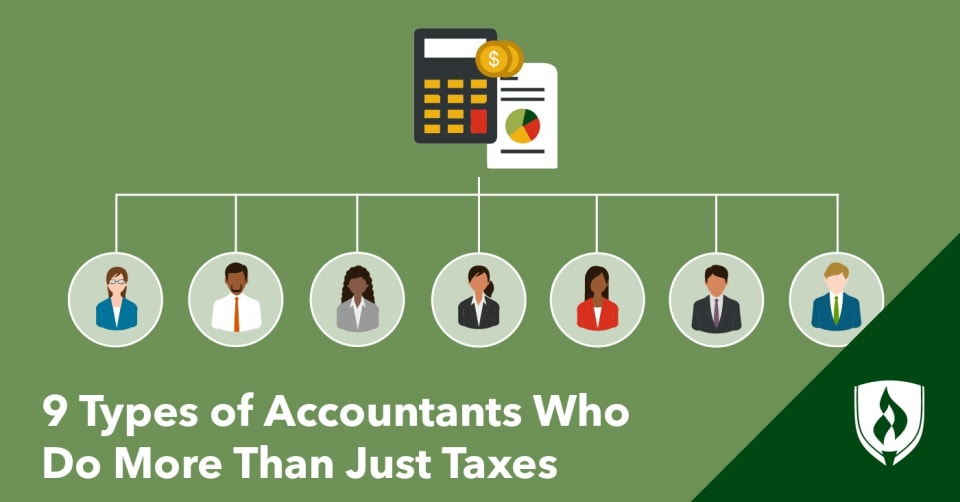The 9-Minute Rule for Pvm Accounting
Wiki Article
The Only Guide for Pvm Accounting
Table of ContentsThe Buzz on Pvm AccountingThe 25-Second Trick For Pvm AccountingGetting My Pvm Accounting To WorkSome Known Details About Pvm Accounting The Basic Principles Of Pvm Accounting The 8-Minute Rule for Pvm AccountingThe Basic Principles Of Pvm Accounting The 6-Minute Rule for Pvm Accounting
One of the key factors for executing bookkeeping in building projects is the demand for monetary control and management. Audit systems supply real-time understandings into task expenses, income, and profitability, enabling project supervisors to quickly recognize potential problems and take restorative actions.
Accountancy systems allow firms to keep an eye on money flows in real-time, guaranteeing adequate funds are offered to cover expenditures and fulfill monetary commitments. Reliable capital administration assists avoid liquidity dilemmas and keeps the job on track. https://www.find-us-here.com/businesses/PVM-Accounting-Washington-District-of-Columbia-USA/34067332/. Building jobs undergo various financial requireds and reporting needs. Proper audit makes certain that all financial deals are tape-recorded properly which the project abides with accounting requirements and legal agreements.
The Single Strategy To Use For Pvm Accounting
This decreases waste and enhances project performance. To better understand the importance of accountancy in building, it's also essential to distinguish in between building monitoring audit and task administration accounting.It focuses on the monetary aspects of specific construction tasks, such as cost evaluation, price control, budgeting, and cash flow administration for a specific task. Both sorts of audit are necessary, and they complement each other. Building and construction management accountancy ensures the company's financial health and wellness, while task management bookkeeping guarantees the financial success of individual jobs.
The Best Guide To Pvm Accounting

An essential thinker is called for, that will certainly collaborate with others to choose within their areas of obligation and to surpass the areas' job procedures. The setting will certainly engage with state, university controller staff, campus department personnel, and academic scientists. This person is expected to be self-directed once the first learning curve is gotten rid of.
Unknown Facts About Pvm Accounting
A Building and construction Accounting professional is accountable for taking care of the monetary facets of building projects, including budgeting, expense tracking, monetary coverage, and compliance with governing requirements. They function very closely with project supervisors, specialists, and stakeholders to ensure exact monetary documents, price controls, and timely payments. Their expertise in building accounting principles, job setting you back, and financial evaluation is vital for reliable economic monitoring within the building and construction market.

Pvm Accounting Fundamentals Explained
As you've probably learned now, taxes are an unpreventable component of doing company in the United States. While many focus normally exists on federal and state revenue tax obligations, there's additionally a 3rd aspectpayroll tax obligations. Payroll tax obligations are taxes on a worker's gross wage. The incomes from payroll tax obligations are used to money public programs; thus, the funds collected go directly to those programs rather of the Internal Profits Service (IRS).Keep in mind that there is an extra 0.9% tax for high-income earnersmarried taxpayers who make over $250,000 or solitary taxpayers making over $200,000. Earnings from this tax obligation go toward government and state joblessness funds to aid workers that have actually shed their tasks.
How Pvm Accounting can Save You Time, Stress, and Money.
Your down payments should be made either on a monthly or semi-weekly schedulean political election you make prior to each fiscal year. Regular monthly settlements. A regular monthly settlement should be made by the 15th of the complying with month. Semi-weekly settlements. Every other week deposit days rely on your pay timetable. If your payday drops on a Wednesday, Thursday or Friday, your down payment is due Wednesday of the adhering to week.So look after your obligationsand your employeesby making total pay-roll tax repayments in a timely manner. Collection and repayment aren't your only tax obligations. You'll also have to report these amounts (and other info) frequently to the internal revenue service. For FICA tax obligation (as well as federal income tax), you have to complete and submit Kind 941, Company's Quarterly Federal Tax Return.
What Does Pvm Accounting Mean?

States have their own payroll tax obligations as well. Every state has its own unemployment tax obligation (called SUTA or UI). This tax rate can differ not only by state yet within each state. This is due to the fact that your firm's market, years in company and unemployment background can all establish the portion utilized to calculate the amount due.
Pvm Accounting for Beginners
The collection, remittance and reporting of state and local-level tax obligations depend on the federal governments that impose the taxes. Clearly, the subject of pay-roll tax obligations involves plenty of moving parts and covers a vast range of bookkeeping understanding.This internet site makes use of cookies to improve your experience while you navigate with the web site. Out of these cookies, the cookies that are classified as essential are kept on your internet browser as they are essential for the working of basic performances of the site. We likewise utilize third-party cookies that assist us assess and understand how you use this web site.
Report this wiki page